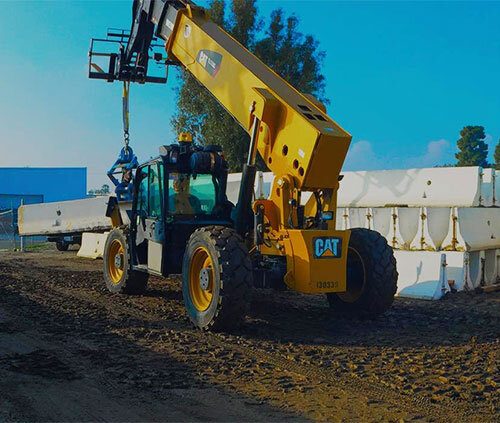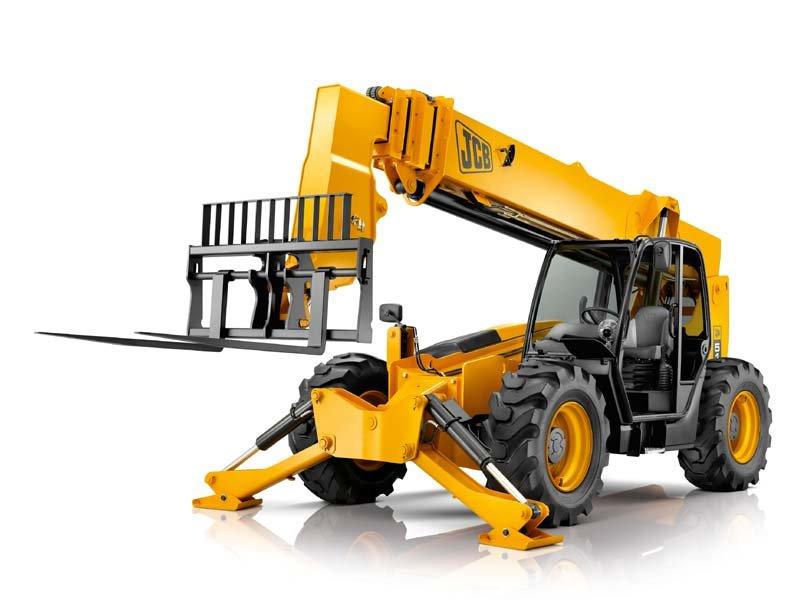Equipment Rental Company: Your Source for All Types of Machinery
Equipment Rental Company: Your Source for All Types of Machinery
Blog Article
Maximize Your Spending Plan by Understanding the Prices Related To Building Devices Rentals
Comprehending the full range of expenses associated with construction tools rentals is critical for optimizing your budget plan. While the initial rental cost may appear simple, many additional expenditures-- such as transportation, fuel additional charges, and maintenance-- can promptly collect, affecting your monetary preparation. Additionally, being aware of numerous charges and the complexities of rental arrangements can aid prevent unanticipated economic problems. What techniques can be utilized to successfully manage these costs and guarantee a much more efficient rental experience?
Overview of Rental Prices
When thinking about building equipment rentals, comprehending the linked expenses is critical for effective budgeting and project preparation. Rental prices can differ significantly based on numerous aspects, consisting of devices type, duration of service, and area. The first rental fee commonly mirrors the tools's market need and its associated functional capacities, influencing the general cost.
Along with the base rental price, supplementary expenses might develop, such as transport costs, gas additional charges, and maintenance charges. It is important to make up these additional costs to properly examine the total price of renting tools. In addition, the rental period can affect rates; longer services may get affordable prices, while short-term leasings could incur higher day-to-day costs.

Failure of Rental Rates
A thorough understanding of rental prices is necessary for professionals and task managers intending to enhance their spending plans. Rental prices for building and construction tools typically contain several parts, including base prices, time-based fees, and usage charges.
Base prices are the core costs connected with the rental of the equipment, frequently figured out by the kind and size of the equipment. These prices can vary considerably, affected by aspects such as equipment demand, availability, and regional market trends. Time-based costs, which may be daily, weekly, or monthly, serve to accommodate various project timelines and rental periods.
Furthermore, rental prices might include usage fees, which are appropriate when equipment is used past a defined limit, ensuring that the rental business can represent deterioration. Seasonal need fluctuations can additionally influence rental prices, with peak building and construction periods typically regulating greater prices.
Moreover, understanding the rental company's policies concerning upkeep and insurance policy can offer further insight right into the total cost structure. By evaluating these parts, contractors can make educated decisions, ensuring the selection of rental devices lines up with both task needs and budget plan restraints.
Added Charges to Think About
Comprehending the intricacies of extra charges is vital for contractors to manage their general leasing expenditures effectively. Past the basic rental prices, different supplementary charges can a knockout post significantly influence the overall price of devices rental. These charges often consist of delivery and pick-up fees, which can differ based upon distance and logistics associated with delivering the equipment to and from the job website.
Furthermore, some rental business may impose fuel surcharges if the tools is returned with much less fuel than when rented out. It is likewise important to know potential cleaning fees, specifically for specific tools that requires extensive maintenance after usage.

Extensively evaluating the rental agreement and clearing up these additional fees upfront can help service providers stay clear of unforeseen expenses and ensure that budgets stay undamaged throughout the task lifecycle.
Repair And Maintenance Costs
Regular maintenance and repair expenses are frequently ignored factors that can dramatically influence the general expense of building and construction tools rentals. When leasing tools, it is critical to consider not just the rental costs yet additionally the possible prices related to keeping the equipment in optimal operating condition.
Lots of rental companies include basic maintenance as part of the rental contract; nonetheless, much more considerable repair services or unanticipated malfunctions can cause additional expenses. It's vital to assess the rental agreement meticulously to recognize what upkeep solutions are covered and what responsibilities drop on the renter.
Moreover, devices that is not well-kept can bring about ineffectiveness at work site, potentially increasing and triggering hold-ups task prices. To minimize these threats, it is suggested to perform normal inspections and keep open communication with the rental supplier concerning any type of concerns that arise during usage.
Insurance and Responsibility Expenses
Insurance coverage and responsibility costs are critical elements that can considerably impact the general expense of building and construction devices leasings (equipment rental company). These costs make sure that both the rental firm and the client are shielded from possible monetary losses arising from crashes, damages, or burglary during the rental period

In addition, customers must understand any kind of deductibles or exemptions in the insurance coverage, as these can impact prospective out-of-pocket expenses. Recognizing the advice terms of any insurance protection is important to stay clear of unforeseen costs. Eventually, budgeting for insurance coverage and obligation costs can assist make sure a smoother rental experience and safeguard against monetary threats linked with building and construction jobs.
Final Thought
Finally, an extensive understanding of the costs related to building devices leasings is necessary for effective spending plan monitoring. By examining rental prices, added costs, maintenance expenditures, and insurance policy requirements, organizations and individuals can reduce unforeseen expenditures. This calculated technique not just boosts cost-effectiveness however additionally guarantees that projects proceed efficiently and efficiently. Ultimately, notified decision-making relating to devices leasings adds to the general success of building ventures.
Rental prices can vary significantly based on a number of elements, consisting of equipment type, period of service, and location (rental company near me). The rental period can impact prices; longer services might qualify for affordable rates, while short-term rentals might sustain higher day-to-day costs
By carrying out extensive research and engaging with trusted rental firms, service providers can effectively navigate the complexities of rental rates, ultimately maximizing their financial resources.
Beyond the conventional rental rates, various auxiliary fees can significantly impact the complete cost of tools service. Rental companies usually offer responsibility insurance coverage that covers injuries to third parties or damage to building, while tools damages insurance can cover the price of repair work or replacement if the leased tools is damaged.
Report this page